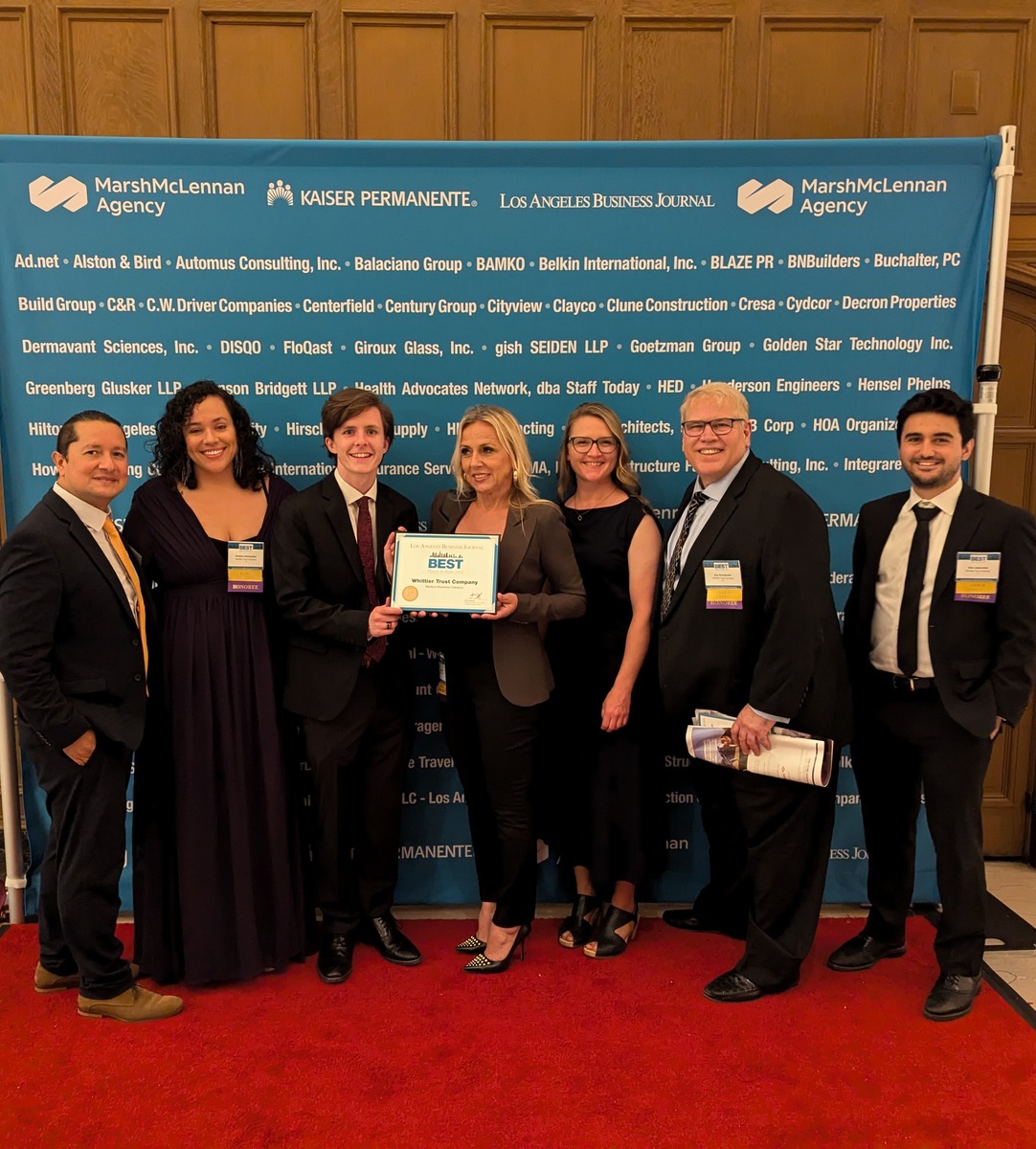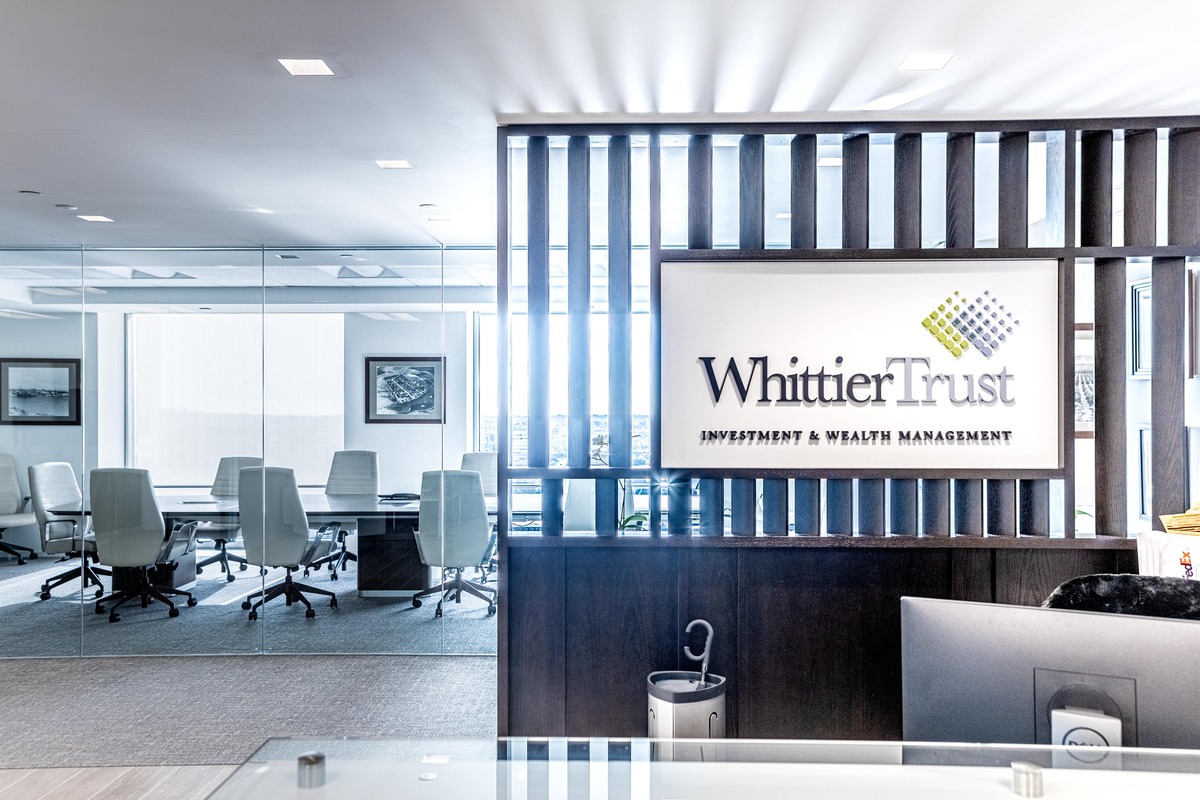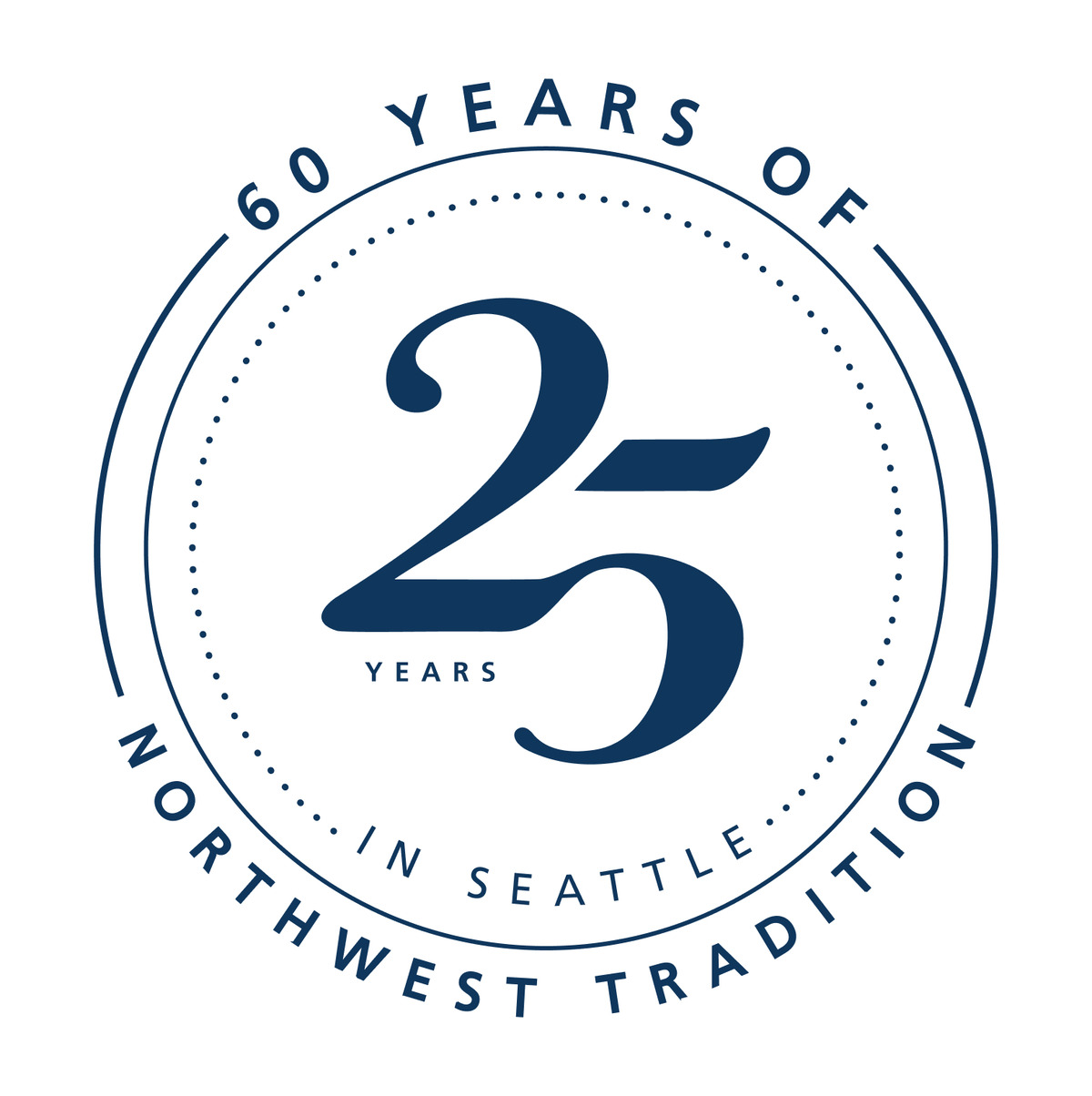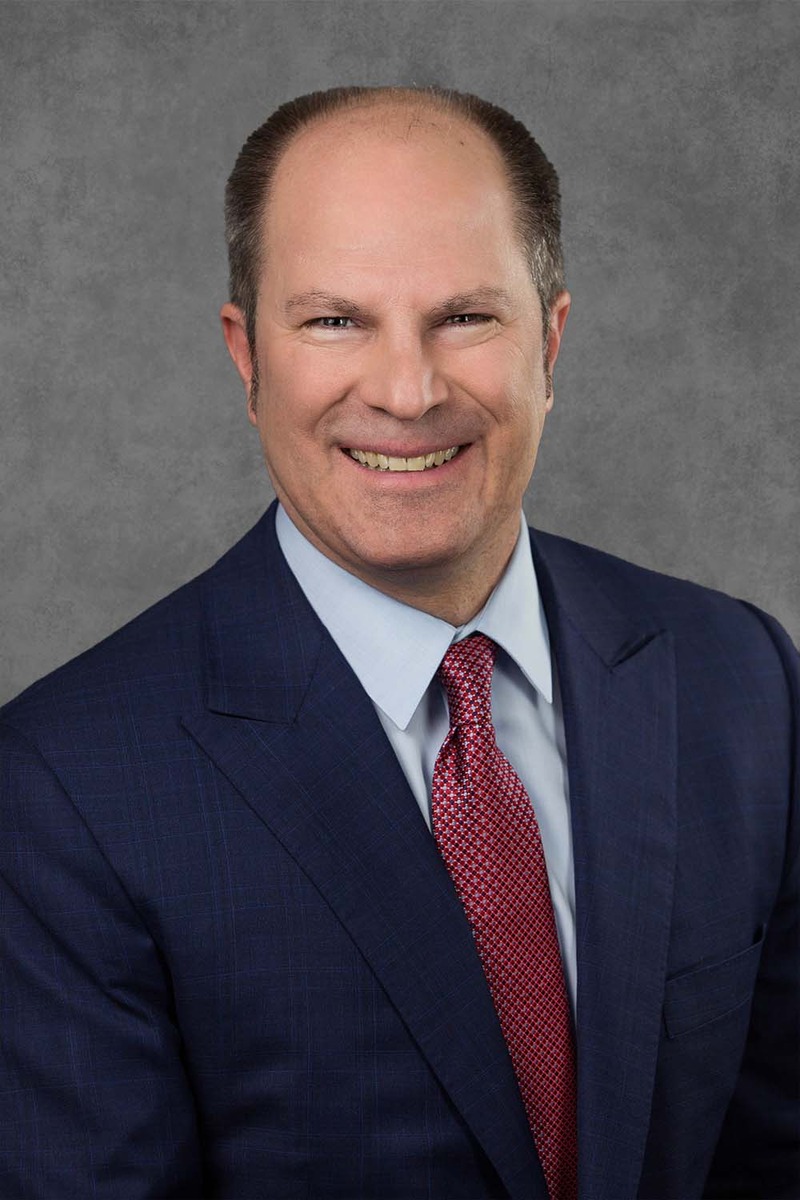A fresh perspective from a recent addition to the team:
Sharon Perlin joined Whittier Trust Company in January 2023. With nearly 20 years of experience providing legal counsel, she frequently remarks on the distinctive qualities that set Whittier apart from other companies in the wealth management field. “Although there are countless ways in which Whittier stands out,” Sharon explains, “I’d like to share two key points where my clients and colleagues agree that Whittier offers a truly exceptional experience.”
Personal Attention
Perlin works with about 24 families in her role as Senior Client Advisor at Whittier. The norm in the industry is closer to what she experienced at her prior employer, where she was responsible for 180 accounts (some of which included up to nine trusts). There was no time to be proactive in her advising, she recalls, or to build meaningful relationships with her clients.
“At Whittier Trust, I speak with most of my clients on a weekly basis,” she says, “or sometimes even multiple times a week. This is so different from my time before, as a practicing attorney, when I would bill clients in six-minute increments. It’s hard to get to know someone when a client is aware that with every story they share, the bill increases.
“At Whittier, I take the time to understand the history, values and dynamics of the families with whom I work. I know about the upcoming wedding, the new grandbaby and the son struggling with addiction. This knowledge is helpful when advising on estate and gift matters, too. At the same time, I stay current on legislative proposals and changes that might impact my clients’ estate and gift plans.”
Perlin gives an example of a client who recently sold a business in Illinois, with two phases to the sale. The first phase was recently completed, and phase 2 will be in two years. Because the client lives in California, she paid several million dollars in state taxes on the first phase of the sale. Over lunch one day, she shared with Perlin that she had just bought a house in Washington to spend more time with her grandchild. Perlin asked how long she typically planned to stay in Washington, and the response was, “At least half the year.”
“I was aware that Washington has no state income tax,” Perlin recalls, “so I suggested the client become a Washington resident. I ran a domicile tax analysis and confirmed that the decision would be very favorable for her.”
 Thanks to Perlin’s recommendation, the client will save millions in taxes on Phase 2 of the sale of her business. “She’s delighted,” Perlin comments, “and this never would have happened if we hadn’t taken the time to talk over lunch.”
Thanks to Perlin’s recommendation, the client will save millions in taxes on Phase 2 of the sale of her business. “She’s delighted,” Perlin comments, “and this never would have happened if we hadn’t taken the time to talk over lunch.”
Being part of the Whittier extended family also opens the door to relationships with other ultra-high-net-worth individuals with shared interests. The company hosts special events throughout the year where clients can enjoy the camaraderie and elevated experience of our network of colleagues, clients and friends.
“Last month, I joined clients for a beautiful day at the Santa Barbara Polo and Racquet Club for a polo match hosted by Whittier,” Perlin says. “There was an open bar and delicious food and more than 100 attendees at this private event. A month later, one of the clients told me that she and her partner had now gotten together with two other couples they met at the match. That was the Whittier difference in a nutshell.”
Responsiveness
Whittier’s focus on clients’ needs is what drives the company’s internal processes as well. This means that advisors are empowered to be proactive in their guidance on investments, estate planning, philanthropy, taxes, real estate and other matters and that clients can always expect thoughtful and timely follow-ups to requests.
Perlin gives an example: “At my prior firm, if a client had a trust where the firm served as trustee, and they requested a discretionary distribution from the trust, it was an arduous process. They had to provide extensive supporting documentation, and then the request went to an out-of-office committee that met only twice a month. No one with decision-making authority had ever spoken to the client, and even as their advisor, I had no ability to weigh in on the request. Clients were frustrated and felt like the system was set up against them, rather than in partnership.”
 Such a request would typically be completed within hours at Whittier Trust. We serve as trustee on many of our clients’ trusts, and a client’s request for a trust distribution is vetted by a local committee, including the client’s advisor. In most cases, no supporting documentation is needed from the client because their advisor already knows the finer points of their financial status and understands their global balance sheet, cash flow needs, and family dynamics and circumstances. This allows us to quickly distribute funds, often on the same day.
Such a request would typically be completed within hours at Whittier Trust. We serve as trustee on many of our clients’ trusts, and a client’s request for a trust distribution is vetted by a local committee, including the client’s advisor. In most cases, no supporting documentation is needed from the client because their advisor already knows the finer points of their financial status and understands their global balance sheet, cash flow needs, and family dynamics and circumstances. This allows us to quickly distribute funds, often on the same day.
“Whittier Trust is like no other firm I have experienced,” Perlin says. “I am thrilled to be a part of the Whittier team and to have deep personal connections with clients that are incredibly fulfilling for me. I hope if you’re reading this, you will reach out and talk to us about whether the Whittier experience would be beneficial for your family as well.”
To learn more about how Whittier Trust can make a difference for you, your family, and your estate, start a conversation with a Whittier Trust advisor today by visiting our contact page.
From Investments to Family Office to Trustee Services and more, we are your single-source solution.


























